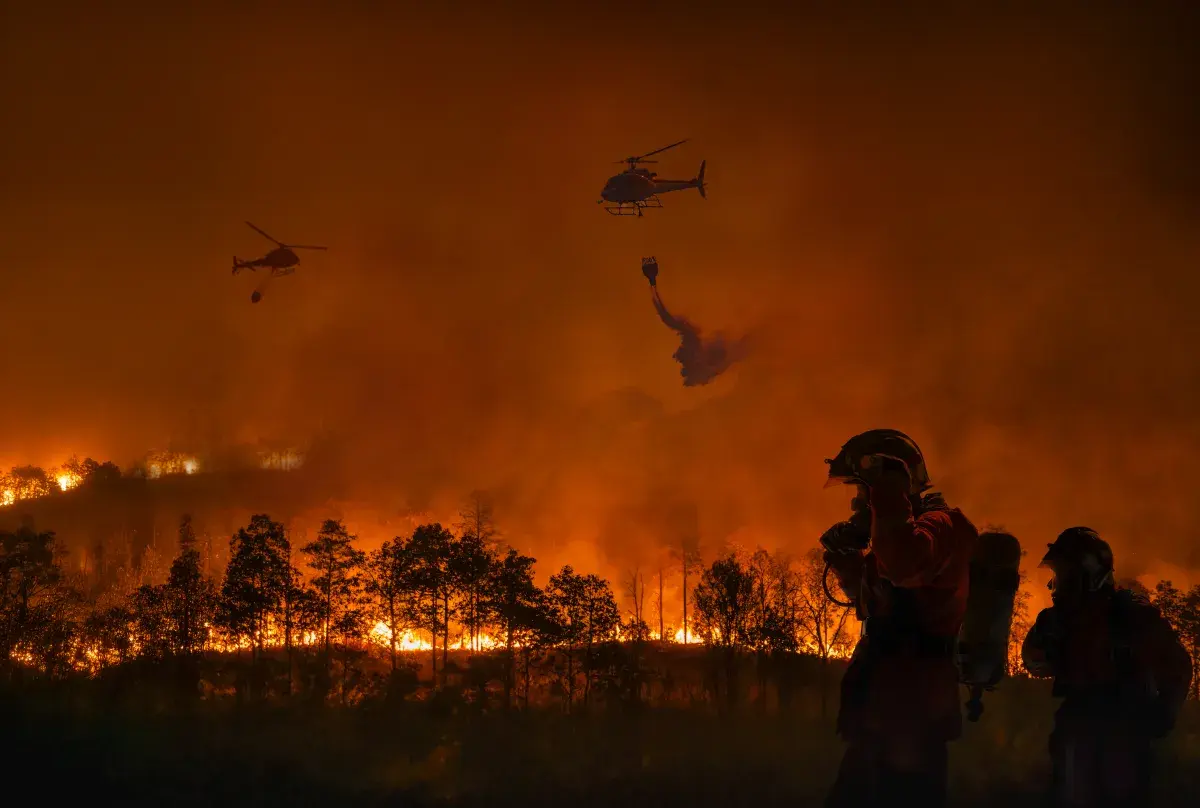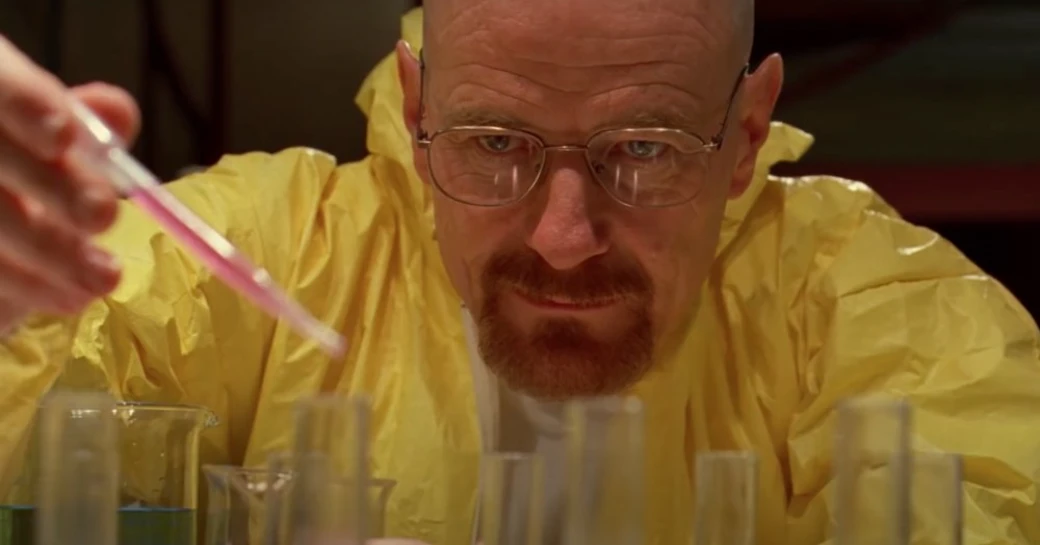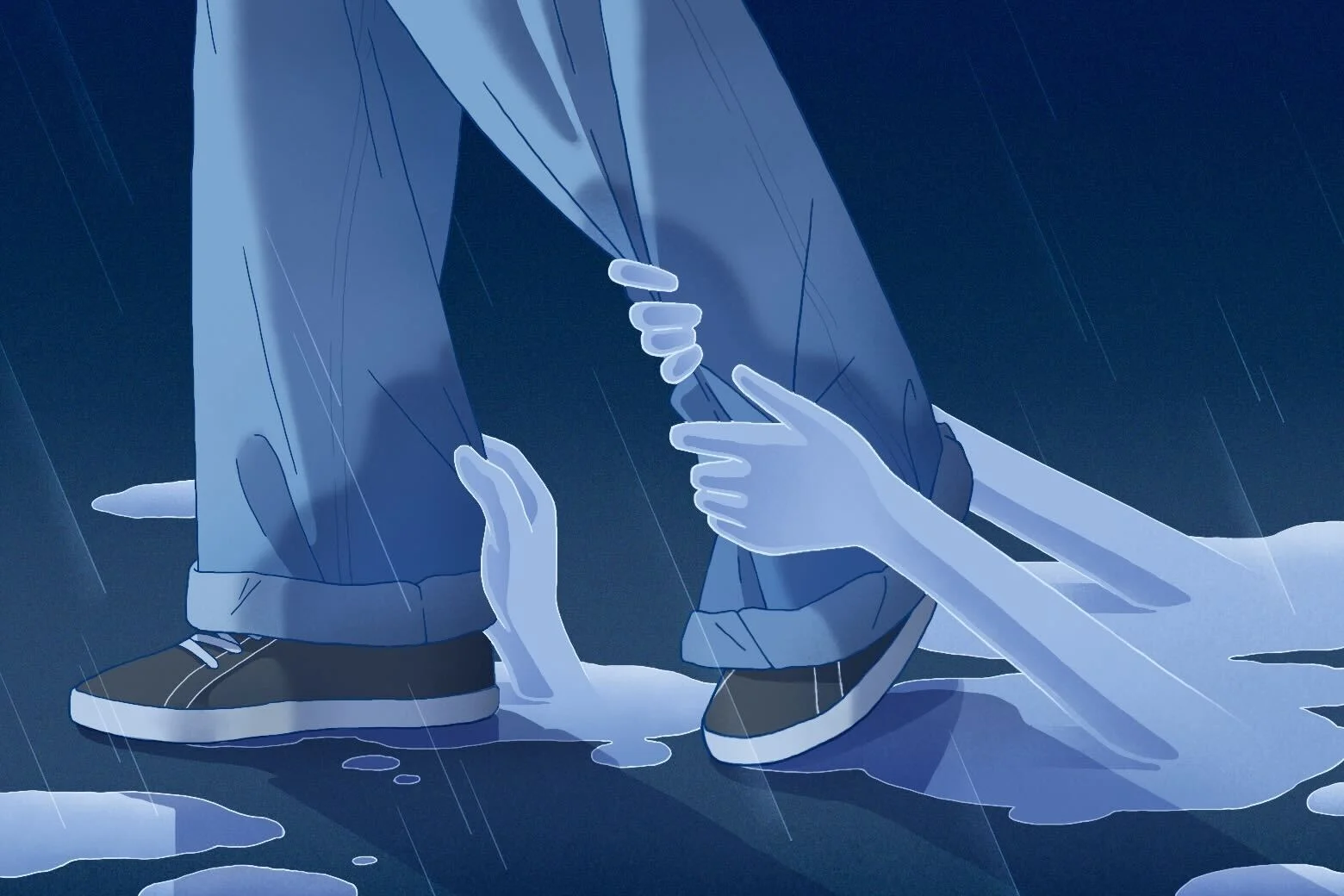Copyright Newsweek

Many of the Earth’s "vital signs"—markers of the health of the planet—are continuing to get worse. This is the warning of the 2025 State of the Climate report prepared by an international coalition of scientists led from the Oregon State University who say that “we are hurtling toward climate chaos” and cite global data from the UN’s Intergovernmental Panel on Climate Change in proposing “high-impact” strategies. Currently, 22 of 34 planetary vital signs are at record levels. Many of these, Oregon scholar Christopher Wolf told Newsweek, “indicate either unsustainable pressures on the environment and climate or the potential for more frequent and intense climate-related disasters.” With regard to human activities, the scientists are extremely concerned that fossil fuel consumption hit a record high last year. “In terms of how the climate is responding, we are particularly troubled by Greenland and Antarctic ice loss, global wildfire extent and ocean heat content all reaching record levels,” said Wolf. “Unfortunately, a lot of what we see in the vital signs reflects Earth’s climate continuing to shift in a very dangerous direction.” A troubling key fact is that 2024 was the hottest year on record—not to mention likely also the hottest in at least the last 125,000 years—furthering concerns that we are crossing critical tipping points in the Earth system. “If emissions and temperatures do not fall soon, processes such as ice sheet loss and forest dieback could become self-sustaining feedback loops and difficult or impossible to reverse,” Wolf warned. “Even worse, there is new evidence which suggests that the rate of warming may itself be increasing due to several factors, including the way clouds respond to climate change and decreases in human-caused aerosol pollutants that mask warming.” Other events showcasing the extent of the issue include the wildfires across Canada and the tropics, deadly flooding in Texas and record coral bleaching. “In the U.S., we’re already seeing how climate change affects health from deadly heat waves to wildfire smoke that worsens asthma," Wolf said. "Protecting the planet’s health is really about keeping our communities safe and livable.” The report highlights climate change mitigation strategies and the transformative change initiatives needed, including governance at national and international levels, changing production systems, reducing overconsumption and adopting ecological and post-growth economic models that promote “social equity and respecting safe and just planetary boundaries.” “Key options to mitigate climate change and put us on a more sustainable trajectory include making a rapid transition away from fossil fuels to renewable energy, protecting and restoring forests and other natural ecosystems and reforming the global food system to reduce loss and waste and support more plant-based diets,” added Wolf. One of the scientist's main messages is that climate change is just as much a threat to human health as it is to planetary health. “Human health and wellbeing are dependent on the environment and require a stable climate. Additionally, climate mitigation strategies such as adopting healthier plant-rich diets can simultaneously improve health while reducing greenhouse gas emissions and other negative impacts," Wolf concluded. Do you have a tip on a science story that Newsweek should be covering? Do you have a question about climate change? Let us know via science@newsweek.com. Reference



